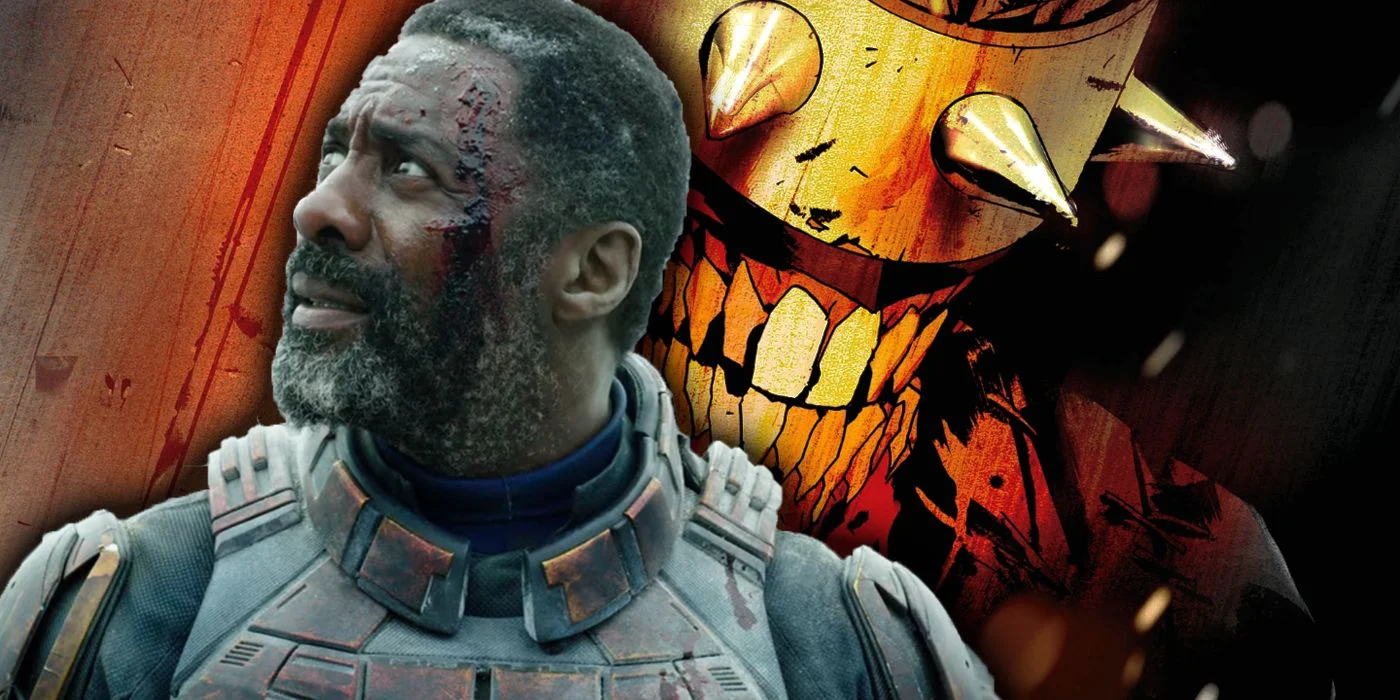
If you, like me, just made a C in your university Game Theory class, then you might be familiar with a concept called “common knowledge.” Common knowledge describes a situation in which you are, for instance, in possession of a giant alien starfish that you can deploy as a weapon to decimate my nation at any time, and I know that you have a giant starfish, and you know that I know that you have a giant starfish, and I know that you know that I know that you have a giant starfish, and so on forever and ever. Someone better make a decision fast, either to send out the starfish or send someone to kill it, or both.
Common knowledge is when everyone knows everyone’s options. It’s how arms races start, and wars, and is the reason there’s such a thing as “classified information.” International politics, especially from the American perspective, is a game that depends on knowing other nations’ options before they know yours.
It’s also the reason superhero movies are so obsessed with origin stories. There’s a limited window after you introduce a superhero where everyone in the world is taken by surprise. An unknown entity has arrived on the scene, and he or she is going to swoop in with abilities no one else has and triumphantly save the day through superior firepower.
Eventually, though, that window shrinks, and if you’re an intelligent screenwriter, the rest of the world adjusts, and the superheroes themselves become subject to the same rules that govern everyone else. This is how we get messier, less swaggering stories like Captain America: Civil War, The Boys, or, less successfully, Batman vs. Superman.
The farther one goes down this logical road, the sillier the idea of superheroes becomes, these people in goofy costumes who naively think there’s any justice to be had in this world. And no one understands the fundamental silliness of superheroes more than James Gunn.
The Suicide Squad is the first movie in the DC Extended Universe to progress the superhero genre instead of just aping whatever Marvel does (if you don’t count poaching a Marvel director). It is simultaneously exactly what a superhero movie should be and a complete subversion of the genre as a whole.
This movie sees a rogues gallery of DC villains sent to a small South American country to destroy a secret starfish after the nation is taken over by a military coup, in exchange for time off their prison sentences. The idea is that these are the missions so dirty and dangerous that the only a bad guy could get it done. I’m explaining the premise to you because there has never been another Suicide Squad movie. You might recognize Harley Quinn, but it’s from Birds of Prey, she’s never been in anything else. You might have heard rumors of another movie. You’re mistaken.
The concept allows for appropriate hard-R violence, as well as crass bad guy humor that lands every time, though certain lines do feel a little too interchangeable with the Guardians of the Galaxy franchise. There’s at least one eff bomb in every scene, which is clearly the way Gunn prefers to write.
This is to say that The Suicide Squad is not a child’s superhero movie, but at their core, how child-friendly is any superhero movie? That’s is the question undergirding the entirety of The Suicide Squad in a way that is surprisingly subtle. The history of the American action genre is one movie after another that insists violence can be an agent of progress—of personal growth, even. By using protagonists who don’t have a family-friendly brand to uphold, The Suicide Squad is able to address the disturbing implication of most cinematic superherodom: saving Lois Lane doesn’t mean it’s okay to destroy a city, no matter how triumphant the music score becomes. Either everyone matters, or no one matters. If superheroes existed, there’s as much likelihood that they would look like the Suicide Squad as the Avengers, not only because the people who gain power are not always responsible with it, but because killing people is always, always destructive, and warps the minds of people who are able to do it.
Casual murder is also, of course, business as usual for any government with enough power at stake. War may sometimes be necessary, but there is, at a certain point, no real difference between the values of Captain America and the values of Peacemaker, who is willing to secure freedom “no matter how many men, women, and children he has to kill to do it.” We’re entering the era of the superhero satire. The Suicide Squad is the perfect example of how to do it with heart and sincerity without having to sacrifice butt jokes.
9/10. 9 for nailing the first ever shot at a Suicide Squad movie, there has never been any other. -1 for jokes that were one thousand percent on the Guardians cutting room floor. All hail Starro the Conqueror.



